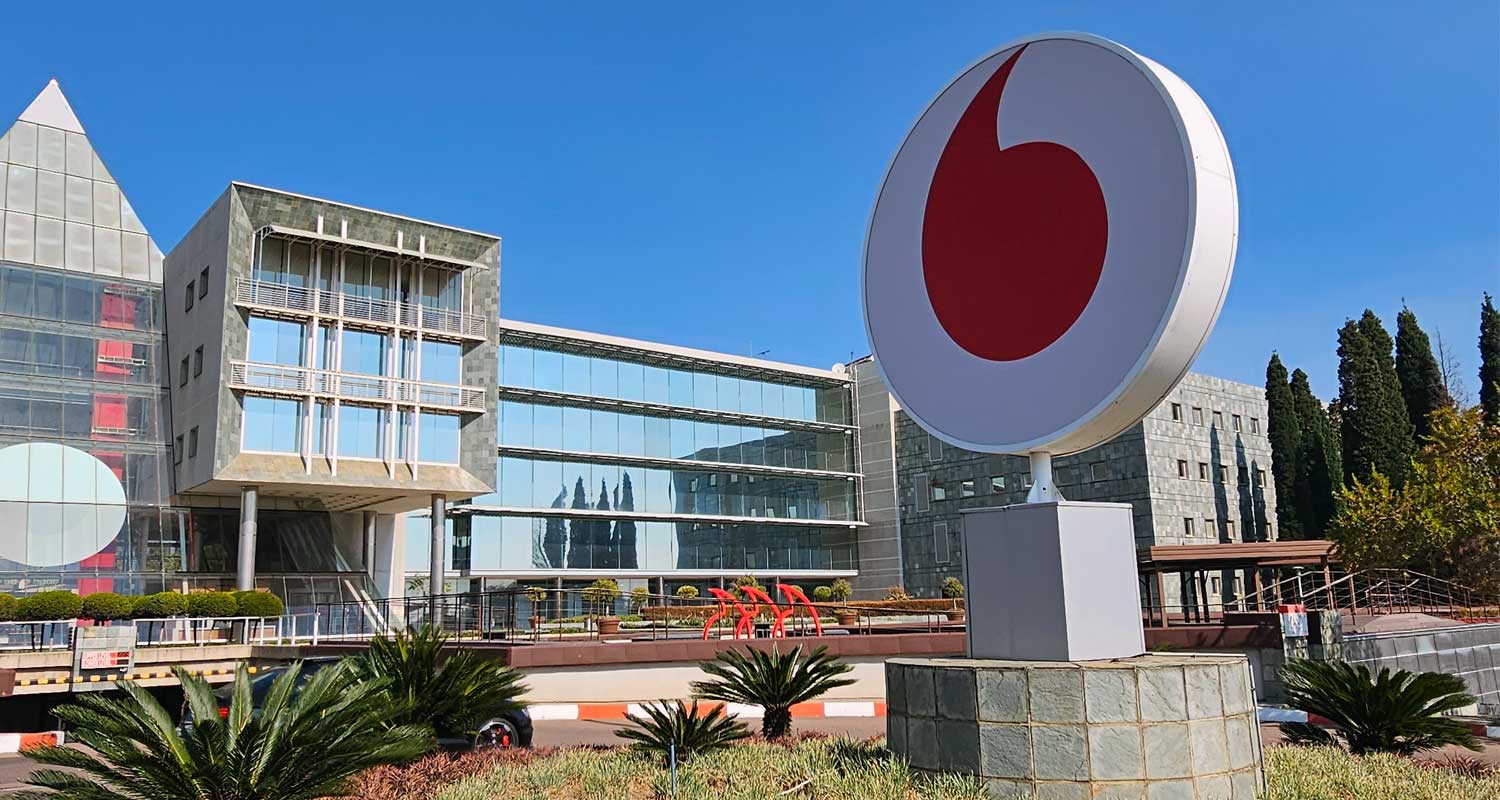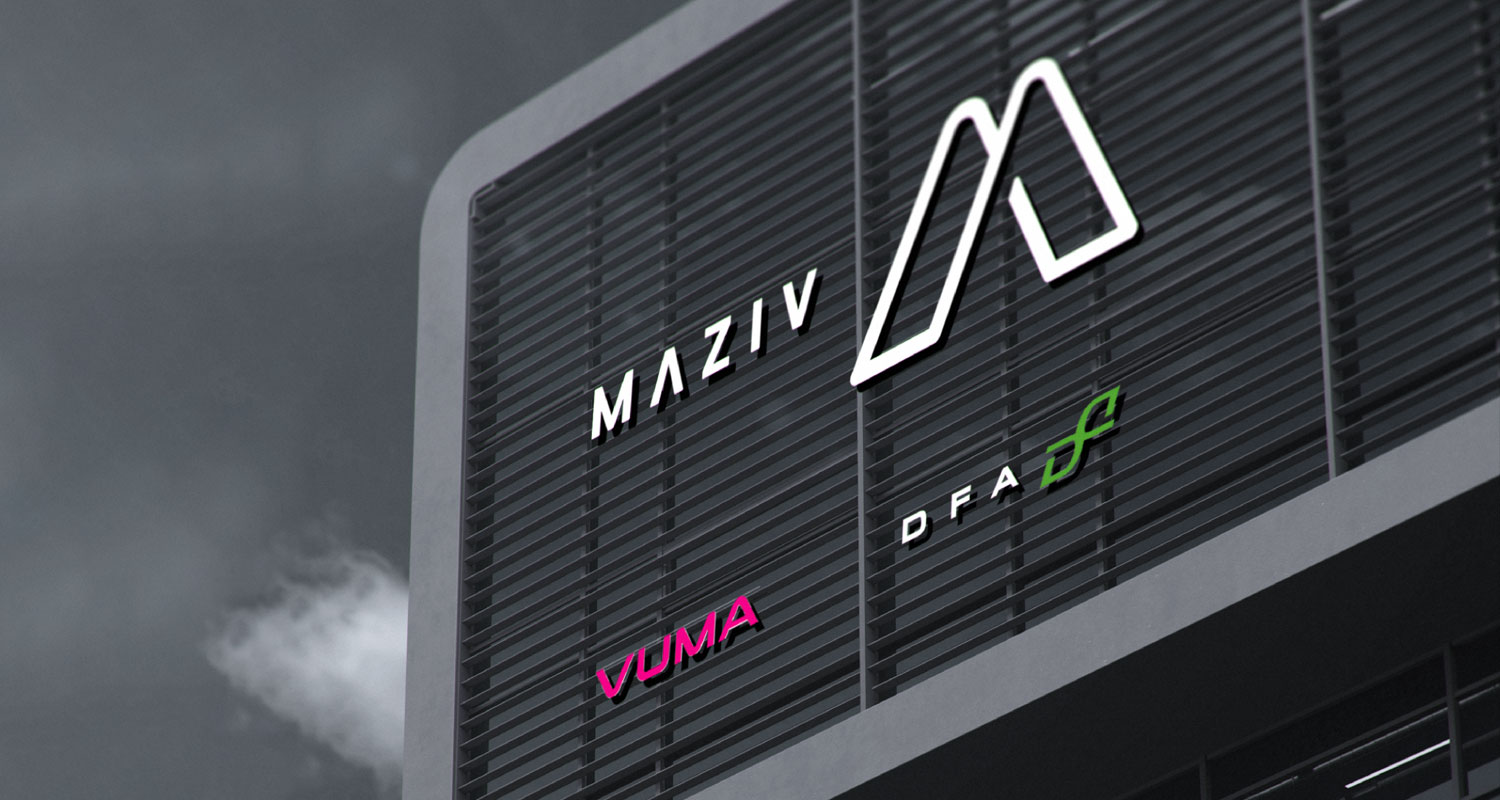After months of delay, the Competition Tribunal has finally completed the reasons document in which it explains, in detail, its controversial decision to block Vodacom’s acquisition of a co-controlling stake in fibre operator Maziv.
However, only those party to the merger are entitled to read the full document, for now, because of concerns over confidentiality.
The reasons document – which runs to more than 350 pages and which comes five months after the regulator announced it would uphold a recommendation by the Competition Commission that the transaction be prohibited – comes as the merging parties gear up to fight the decision at the competition appeal court.
The document, the tribunal said in a detailed media release that summarises it, contains “many references to strategic documents and company-specific figures of various players in the industry that testified and provided information/data”. As a result, “all parties involved will now be given an opportunity to claim confidentiality over figures and other confidential information. These claims must be motivated and will be assessed by the tribunal. After this process, a non-confidential version of the tribunal’s reasons will be published on its website.”
If it ever goes ahead, the deal, worth more than R10-billion in cash and assets, would see Vodacom acquiring a 30-40% co-controlling stake in Maziv, the parent of Vumatel and Dark Fibre Africa. Presently, Maziv is effectively controlled by Remgro, through a company called CIVH.
‘Anti-competitive’
“The proposed transaction’s anti-competitive effects will be permanent,” the tribunal said. “The merger-specific public interest benefits of the proposed transaction, on the other hand, are limited in duration and do not outweigh its negative competition effects that relate to various relevant markets and that will ultimately impact millions of South African consumers, who will increasingly in the future be making use of data/internet services,” the tribunal said.
“Our analysis, after considering the factual and economic evidence, has found that the public interest benefits claimed by the merger parties are to a very large extent not merger-specific for a number of reasons, including that certain commitments made already form part of Vodacom’s various licensing obligations, are part of previous conditions imposed by the tribunal in a merger, or will occur regardless of the proposed deal when considering the factual evidence relating to, inter alia, market characteristics and dynamics.”
Read: Financial picture at Vumatel parent deteriorates
It said the public interest benefits claimed by Vodacom and Maziv are substantially less than they suggested during the hearings.
“After considering all the factual and economic evidence, including the merger parties’ internal strategic documents, the tribunal found both horizontal and vertical competition concerns in relation to several relevant product/service markets.”
 The tribunal said third parties in the industry raised qualms during the process about “market consolidation, horizontal concerns, vertical input and customer foreclosure, bundling, durable first-mover advantage concerns, 5G-based concerns, removal of a competitor, information exchange concerns, and concerns about the suitability of open-access conditions”.
The tribunal said third parties in the industry raised qualms during the process about “market consolidation, horizontal concerns, vertical input and customer foreclosure, bundling, durable first-mover advantage concerns, 5G-based concerns, removal of a competitor, information exchange concerns, and concerns about the suitability of open-access conditions”.
“Most third parties that made submissions were of the view that the proposed transaction should be prohibited and that no remedies would suffice to address those concerns.”
It said the Internet Service Providers’ Association, an industry body that represents many of South Africa’s ISPs, stated during the process that the transaction would “change the structure of the fibre market in South Africa, which constitutes a material risk to the ability of its members to compete in the retail market for the delivery of internet access and related services”.
“After considering the strategic evidence and factual witness testimony (including cross-examination), we concluded that CIVH’s true rationale for the proposed transaction is defensive in nature in relation to both DFA (Dark Fibre Africa) and Vumatel, as set out in CIVH’s own strategic documents,” the tribunal said.
“In relation to DFA, this relates inter alia to Vodacom establishing a FibreCo and a TowerCo. In relation to Vumatel, it relates to Vodacom introducing pricing pressures to increase market share, potentially resulting in a national price war absent the proposed deal.”
It said the merger, if it went ahead, would be permanent and would “likely entrench Maziv as the leading fibre-to-the-home provider in South Africa” and the “harm to competition, together with the foreclosure effects that cannot effectively be remedied, will grow over time”.
“The proposed transaction enables both the merger parties to strengthen their market positions and reinforce and grow existing concentration in the telecoms sector,” it said.
Business market
Furthermore, the successful bundling of mobile and fibre products would risk entrenching the dominance of Maziv and Vodacom in fibre and mobile services, respectively.
It said there would also be a risk to rival mobile network operators (MNOs). “The merged entity will have the incentive to foreclose MNO rivals of Vodacom, including through non-price mechanisms that would have significant harmful effects on these competitors and ultimately their customers.”
In dark fibre and business fibre services, the tribunal found that there would be a “strong incentive on the part of the merger parties to undermine rivals given, inter alia, the interests of both Maziv and Vodacom to grow in the FTTB (fibre-to-the-business) market”.

“We concluded that the merged entity would have both an ability and incentive to foreclose in relation to the provision of metro connectivity and wholesale dark FTTB to FNOs (fibre network operators), with a likelihood of substantial anti-competitive effects in terms of the ability of FNOs that rely on the inputs to compete downstream to service business, enterprise and ISP customers, particularly in localised markets.”
Read: Competition Tribunal defends delays in Maziv, Cell C cases
The full media statement from the tribunal, which runs to nearly 7 000 words, can be downloaded here as a Word document.
The matter now heads to the competition appeal court in July for three days of hearings. — © 2025 NewsCentral Media
Get breaking news from TechCentral on WhatsApp. Sign up here
Don’t miss:
Vumatel parent Maziv valued at R32.4-billion
Crédito: Link de origem


